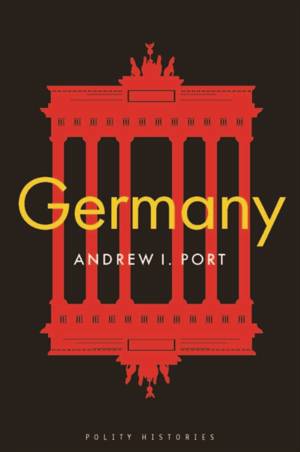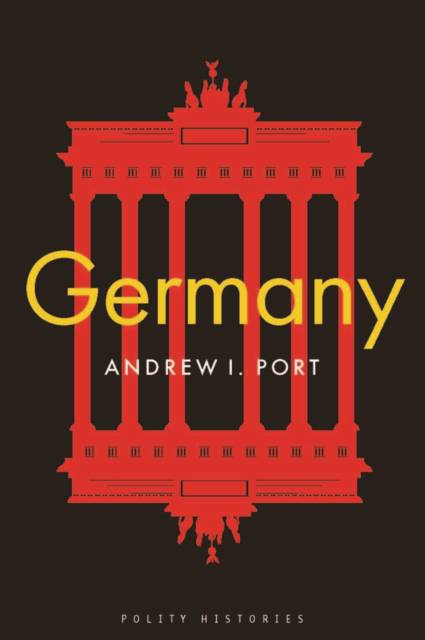
- Afhalen na 1 uur in een winkel met voorraad
- Gratis thuislevering in België vanaf € 30
- Ruim aanbod met 7 miljoen producten
- Afhalen na 1 uur in een winkel met voorraad
- Gratis thuislevering in België vanaf € 30
- Ruim aanbod met 7 miljoen producten
Zoeken
Omschrijving
Few countries are more haunted by the darker aspects of their history than Germany. Nazi crimes continue to cast a long shadow at home and abroad. Germans have nevertheless managed to put their violent, genocidal past behind them, creating a peaceful and prosperous democracy at the heart of Europe.
In this refreshing book, Andrew I. Port tells the story of that extraordinary transformation. Tracing the histories of the Eastern and Western halves of postwar Germany in tandem, he highlights their obvious differences and unexpected commonalities. This novel approach explains not only the country's many accomplishments since the fall of the Berlin Wall, but also the challenges it has faced - from the difficulty of unifying two distinct societies to violent forms of xenophobia and the rise of extremist parties. Whether the Federal Republic remains a stable and successful power is the new "German Question" of the twenty-first century.
In this refreshing book, Andrew I. Port tells the story of that extraordinary transformation. Tracing the histories of the Eastern and Western halves of postwar Germany in tandem, he highlights their obvious differences and unexpected commonalities. This novel approach explains not only the country's many accomplishments since the fall of the Berlin Wall, but also the challenges it has faced - from the difficulty of unifying two distinct societies to violent forms of xenophobia and the rise of extremist parties. Whether the Federal Republic remains a stable and successful power is the new "German Question" of the twenty-first century.
Specificaties
Betrokkenen
- Auteur(s):
- Uitgeverij:
Inhoud
- Aantal bladzijden:
- 224
- Taal:
- Engels
- Reeks:
Eigenschappen
- Productcode (EAN):
- 9781509546671
- Verschijningsdatum:
- 18/11/2025
- Uitvoering:
- Paperback
- Formaat:
- Trade paperback (VS)
- Afmetingen:
- 114 mm x 172 mm
- Gewicht:
- 226 g

Alleen bij Standaard Boekhandel
+ 44 punten op je klantenkaart van Standaard Boekhandel
Beoordelingen
We publiceren alleen reviews die voldoen aan de voorwaarden voor reviews. Bekijk onze voorwaarden voor reviews.







